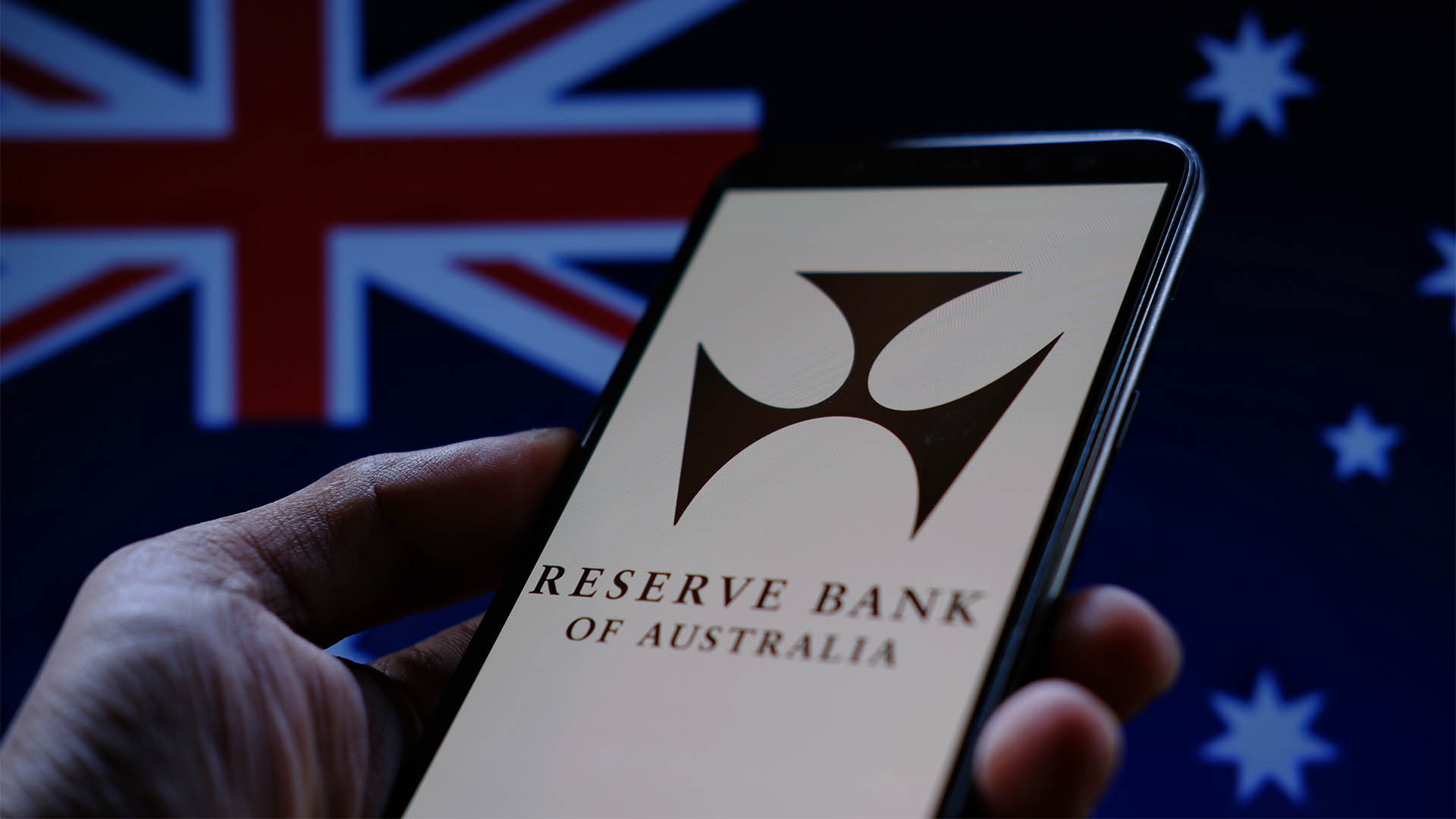An interesting set of ratings decisions from the major credit checking firms this week, especially in view of the Russian invasion of Ukraine and the impact on Europe in particular.
All three agencies reaffirmed the AAA ratings – the same as Australia’s – of three major European economies which are far more impacted (mostly negatively) by the Putin-directed invasion of Ukraine and the surge in energy costs: the Netherlands, Sweden and Germany.
S&P Global Ratings affirmed Germany’s ‘AAA/A-1+’ rating and its stable outlook, citing the country’s sufficient rating buffers amid the economic impact of Russia’s Ukraine invasion.
S&P noted Germany’s wealthy and diversified economy, alongside its substantial net external creditor position and moderate public debt.
However, S&P warned of the future impact of rising spending pressures in the next few years due to the inflow of refugees, additional military expenditure and “ambitious” energy investments.
S&P cut its real gross domestic growth forecast for Germany to 2.9% from 4.3% in 2022 due to the Russia-Ukraine conflict.
Rival rater Moody’s reaffirmed Sweden’s Aaa long-term issuer rating, with a stable outlook.
Moody’s said Sweden’s rating will still due to its wealthy and growing economy, sound governmental balance sheet, but there was a low but rising susceptibility to event risk caused by the Ukraine war.
The rating agency said it expects Sweden’s institutional strength to continue supporting its credit profile, with solid macroeconomic fundamentals, including a strong government balance sheet.
And Fitch on March 25 affirmed the Netherlands’ long-term rating at AAA, with a stable outlook, noting its high value-added, flexible and open economy.
Fitch said expects the Dutch economic growth to ease to 3.2% this year and 1.8% in 2023, compared with 2021’s 4.8% expansion.
Fitch said that would flow from the severe impact of the war in Ukraine and the resulting sanctions against Russia, particularly in supply chains, energy prices and raw materials.
Meanwhile, Fitch estimates Netherlands’ budget deficit to fall below 3% of the gross domestic product this year on the back of tax revenues and termination of COVID-19-related support schemes.
And Australia? Nowhere near the pressures that Germany, Sweden and The Netherlands find their economies having to battle.
All three ratings groups will in fact issue updates of their rating views of Australia after the federal budget tonight with its strong election spending.
Moody’s S&P Global and Fitch will all produce statements on the impact of the budget and its projections on their views for Australia’s future growth, spending, debt and deficits.
They will also probably hedge their bets a little given the lead the ALP has in the polls and its promise to have a budget of its own later in the year – probably August.













